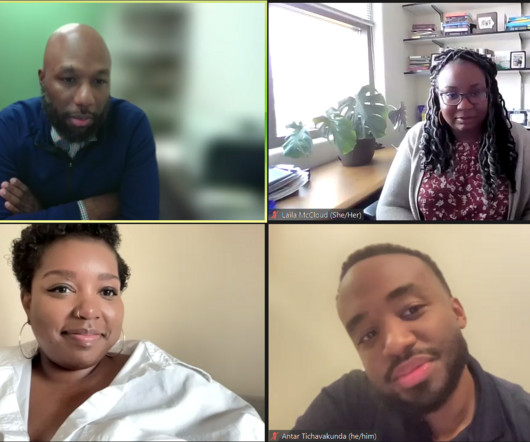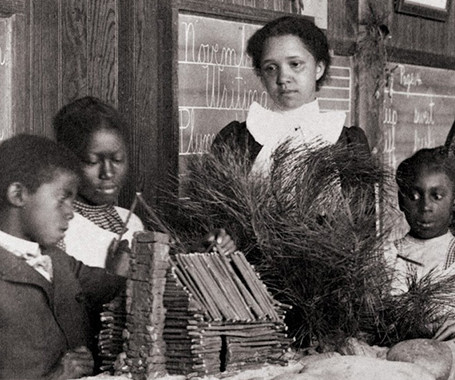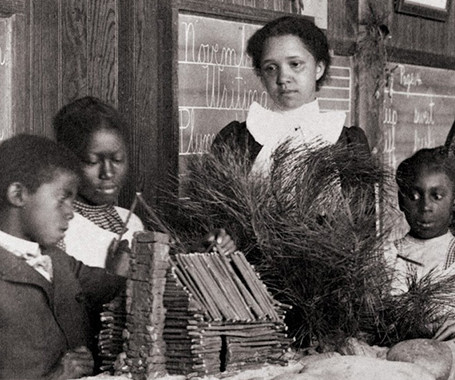Scholars Discuss Advantages and Pitfalls of Social Media in Academia
Diverse: Issues in Higher Education
MARCH 22, 2023
The webinar – hosted by UMich’s National Center of Institutional Diversity (NCID) – took place on Tuesday and was moderated by Edmund Graham, associate director of the NCID. We're sharing our scholarship but we're also sharing little bits of who we are as humans. I do think there is a way to use it to be authentic.













Let's personalize your content